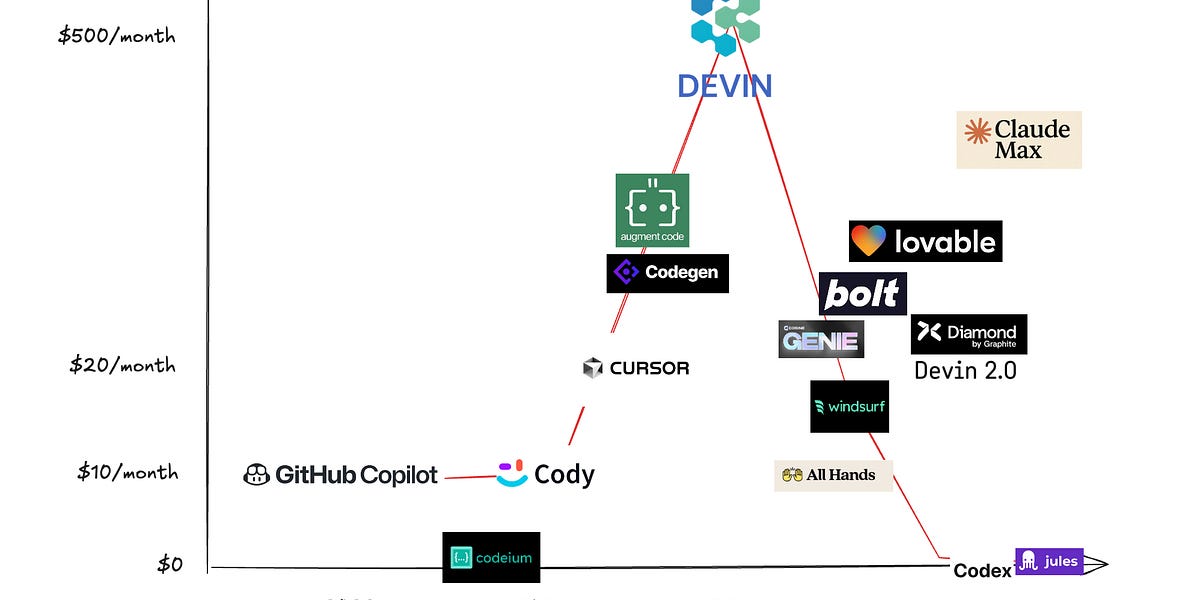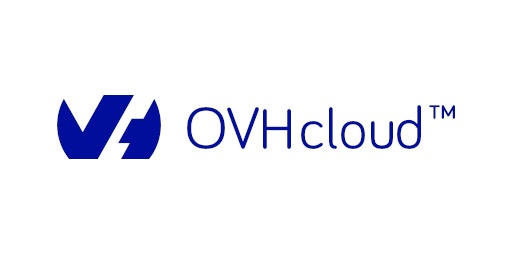Anthropic is seeing “tremendous” growth in the UK market, the company’s boss said, and it plans to create 100 roles in Europe, including London.
Guillaume Princen, Anthropic’s new head of its business in Europe, the Middle East and Africa, said that the artificial intelligence company was seeing “huge demand” in the UK. “We’re seeing tremendous traction, demand and growth in the UK market. Companies like WPP are using us extensively,” Princen added.
The artificial intelligence start-up is introducing its next generation of models for Claude, its family of large language models.
The Claude Opus 4, its most powerful model yet, has the ability to work continuously for several hours and is, according to several benchmarks, the best coding model yet released by any AI start-up for programming and also excels at complex problem solving.
It is also releasing the newest version of its more affordable model, Claude Sonnet 4, which it said significantly improves on the previous release’s capabilities. • Don’t know how to code? Build a serious business using AI Anthropic was founded by former OpenAI executives, including siblings Dario and Daniela Amodei. In March the startup raised $3.5 billion in a deal that tripled its valuation to more than $60 billion. The company is backed by big technology companies, including Amazon and Google, both of which have committed billions of dollars to the startup. Unlike other AI startups, Anthropic has focused on understanding the inner workings of AI systems — the issue of interpretability — alongside releasing frontier models. “Anthropic is doubling down on interpretability, and we have a goal of getting to ‘interpretability can reliably detect most model problems’ by 2027,” Dario Amodei, Anthropic’s chief executive, said in a recent blog post. • AI ‘could solve Britain’s productivity challenge’ “Other companies, such as Google DeepMind and OpenAI, have some interpretability efforts, but I strongly encourage them to allocate more resources,” he added. The company has also invested in startups dedicated to interpretability. Last month it participated in a $50 million funding round that valued Goodfire, which is focused on understanding frontier AI systems, at $250 million. Amodei has also been a consistent advocate for stronger US export controls on chips to China, warning that without such controls, China could conceivably overtake the US, given its large industrial base and strategic military advantages. He has said that he expected that the production of AI that is smarter than all humans at most tasks is likely to happen by 2026 at the earliest. However, the production of such frontier models — unlike China’s DeepSeek, which only came close to the performance of state-of-the-art US models — would require millions of chips and well-enforced export controls could help prevent China from accessing them.
.png)




